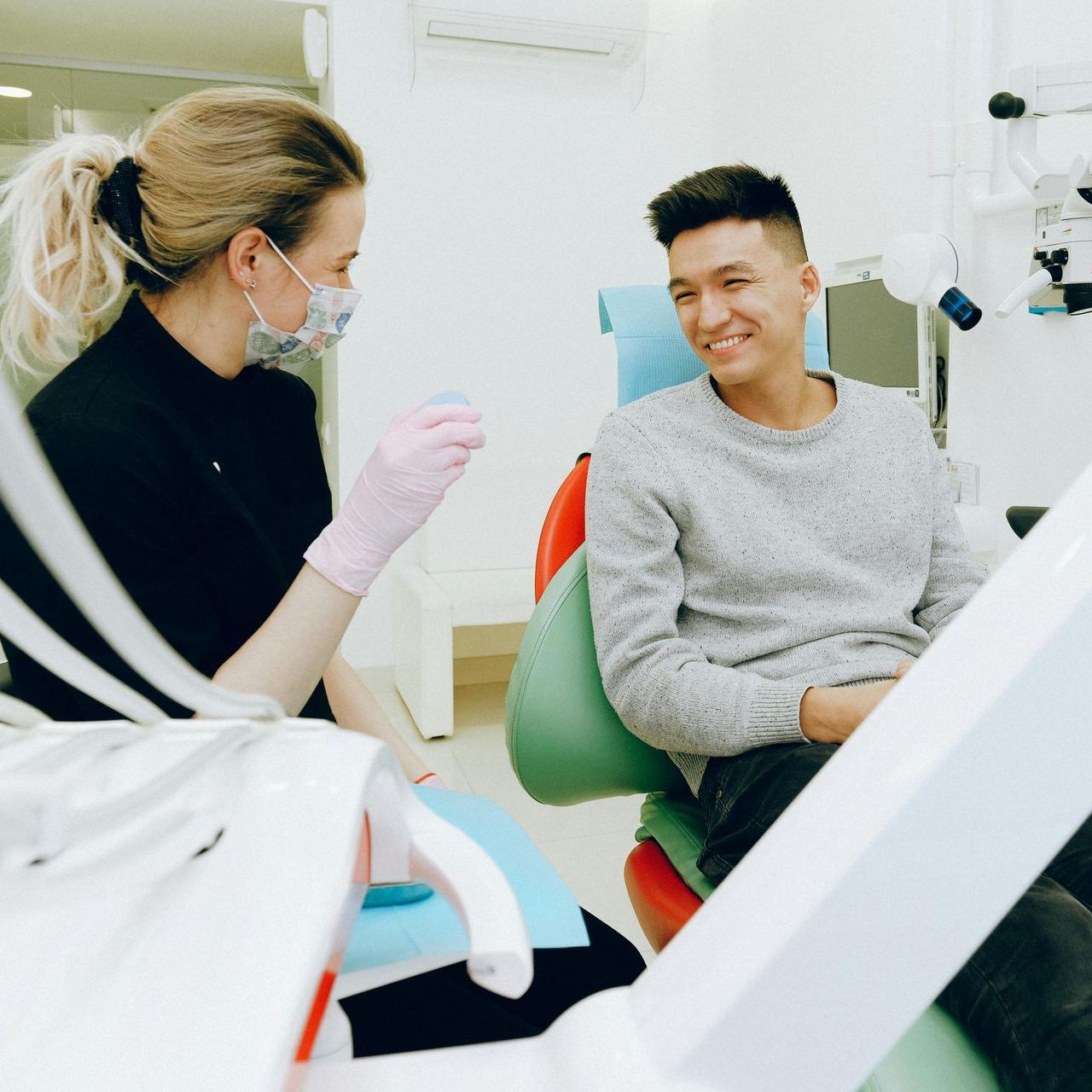Sleep Apnea Treatment in Natick, MA
Sleep apnea, a common disorder, is characterized by frequent breathing interruptions while sleeping. This disorder, if left untreated, can lead to serious health problems for millions of people worldwide. Chang Dental Group, led by Dr. Chang, is proud to provide innovative, patient-centered care in Natick, MA.
Sleep Apnea Types
Obstructive Sleep Apnea (OSA). OSA is the most common type of sleep apnea. The airway is blocked when the muscles of the throat relax during sleep. Loud snoring can be heard by both the individual and his or her partner.
Central Sleep Apnea (CSA): It occurs when the brain fails to send the right signals. This is a rarer condition and usually occurs in conjunction with brain-related conditions, such as heart failure.
Complex Sleep Apnea Syndrome. This syndrome is a mixture of central and obstruction apnea. Patients can initially have OSA symptoms, but then develop central sleep apnea after starting CPAP.
Video Testimonials
Health Impact and Risk Factors
Health Impact
Sleep apnea untreated can cause serious complications. These include an increased risk for heart disease, stroke, fatigue during the day, metabolic disorders, and mental health problems such as anxiety and depression.
Diagnosis of Risk Factors
Contact Chang Dental Group if you suspect sleep apnea. A comprehensive evaluation is required to diagnose sleep apnea, which includes a sleeping study. Risk factors for the disease include age, obesity, smoking, and alcohol consumption.

Treatments for Sleep Apnea
CPAP
CPAP (Continuous Positive Airway Pressure) is the most common and effective treatment for sleep apnea.
How CPAP Works
CPAP is most effective for treating severe sleep apnea. The CPAP machine provides a continuous flow of air through a mask that covers the mouth or nose. This keeps the airway wide open and prevents breathing interruptions.
Types of CPAP
There are many types of CPAP masks available, such as nasal masks and full-face masks. Dr. Chang will help you choose the mask that best suits your needs based on your comfort and breathing patterns.
Benefits of CPAP Therapy
CPAP therapy can improve sleep quality and reduce fatigue. Regular use of CPAP may also reduce the risk of cardiovascular complications related to sleep apnea.
Monitoring and Adjustments
It may take a while to get used to CPAP treatment. Dr. Chang provides ongoing support for patients who are experiencing discomfort. It is important to have regular follow-ups in order to evaluate the effectiveness of therapy and make necessary adjustments.
Other Treatments for Sleep Apnea
Dental Exams
Regular dental exams can detect sleep apnea-related issues such as tooth grinding or wear. Also, they provide preventive treatments.
Oral Appliance Therapy (OAT)
is a custom-fitted device that helps to reposition the jaw and tongue while sleeping. It's recommended for mild to moderate cases of sleep apnea.
Mandibular Advancement Devices (MADS)
Dr. Chang can use devices called Mandibular Advancement Devices (MADs) that advance the lower jaw to prevent airway obstruction, which helps keep the airway open.
Surgical Referrals
If dental treatments aren't sufficient, dentists can refer patients to specialists for surgical options, such as uvulopalatopharyngoplasty (UPPP) or maxillomandibular advancement (MMA).

Lifestyle Modifications for Better Sleep
Sleep apnea can be treated better with lifestyle changes. Here are some key modifications:
Weight Management
A healthy weight can reduce the severity of sleep apnea and its frequency. Weight gain can block the airway, especially around the neck. Regular exercise and a balanced diet are essential.
Sleep Position
The symptoms can be worsened by sleeping on your back. Dr. Chang may recommend special pillows that encourage side sleeping.
Avoiding Alcohol Sedatives
Reduce or eliminate alcohol and sedatives to reduce symptoms.
Sleep Routines - How to Create a Routine
Consistent sleep patterns will improve your sleep. Set a regular bedtime and aim to sleep 7-9 hours each night.
Quit Smoking
Smoking can worsen the sleep apnea condition by increasing inflammation and fluid retention in the airways. Smoking cessation has many benefits for your health, including improved sleep.




